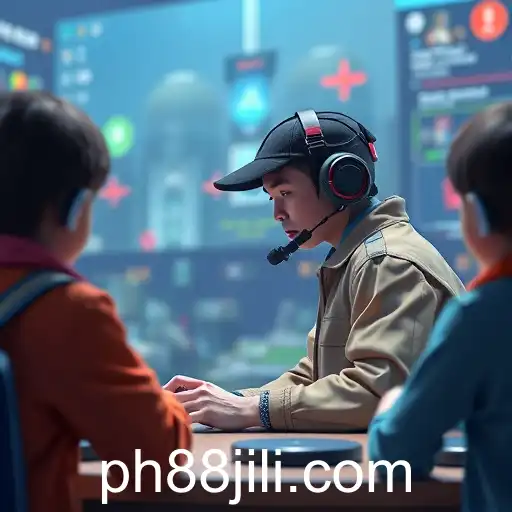
In recent years, the convergence of online gaming and education has become a hot topic for educators, parents, and policy makers. As 2025 unfolds, platforms such as 88 jili have gained significant traction, offering immersive experiences that engage users around the globe.
The online gaming industry has evolved remarkably, branching into diverse genres and domains. 88 jili stands out as a notable mention due to its innovative approach to integrating entertainment with learning opportunities. The platform, which has seen a rapid increase in its user base, is prompting discussions on its implications for education.
One of the critical aspects reshaping this dynamic is how games can foster skills such as problem-solving, critical thinking, and collaboration. Educators have started to notice how interactive platforms like 88 jili can support lesson plans by creating realistic simulations and virtual environments that make theoretical concepts tangible for students.
However, not all feedback about the integration of gaming into education is positive. Concerns about screen time, content appropriateness, and the potential for addiction are prevalent. The discourse surrounding these platforms is complex, as stakeholders weigh the benefits of technological advancements against potential drawbacks.
In the competitive realm of online gaming, developers are pushed to innovate continuously. As 88 jili and similar platforms grow, they challenge traditional models of learning by blending entertainment with education, thereby altering the perception of how knowledge can be acquired and applied.
The interface between gaming and education is still evolving, with questions about efficacy and ethical use being pivotal to the conversation. Therefore, as educators and technology developers continue to explore synergies, platforms like 88 jili illustrate both the opportunities and challenges in the ever-shifting landscape of educational technologies.


